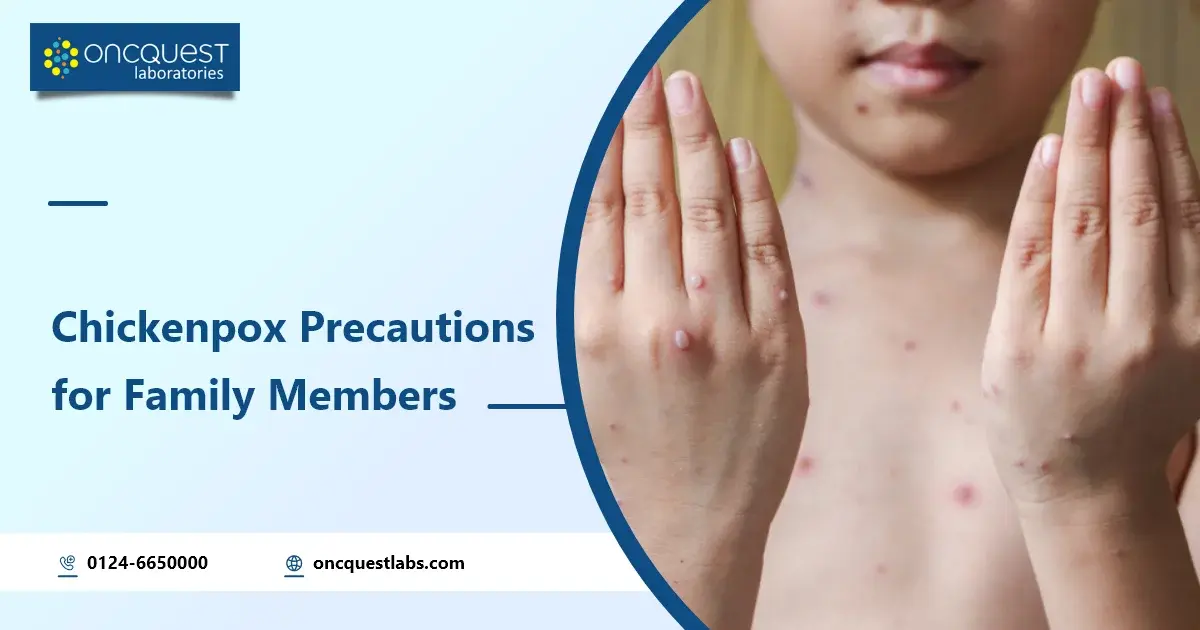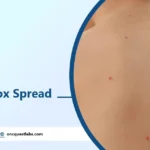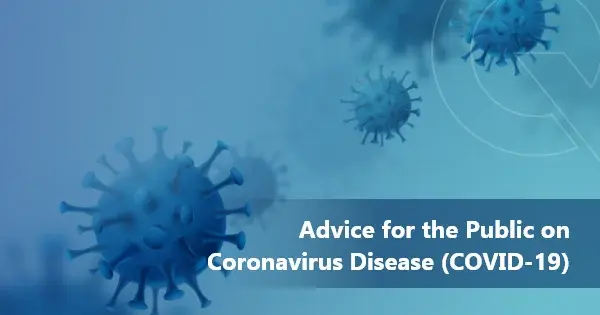Chickenpox is a sickness caused by a virus. It spreads when you’re close to someone who has it or when they cough or sneeze. To avoid it, stay away from people with chickenpox. Get the chickenpox shot to stay safe.
Contents
Vaccination for chickenpox
– Chickenpox shot started in 1995, made getting chickenpox less likely.
– Two shots: Varivax just for chickenpox, ProQuad also stops measles, mumps, and rubella.
– Both shots have weak viruses that can’t make you sick.
– Don’t mix up chickenpox shot with shingles shot (Shingrix), they’re for different problems from the same virus.
Uses of chickenpox vaccine
If you never had chickenpox or the shot:
– Kids should get 2 shots at 12-15 months and 4-6 years.
– Ages 7-12 without immunity need 2 shots, 3 months apart.
– People 13+ without chickenpox or the shot need 2 shots, 4-8 weeks apart.
Getting both shots lowers risk by 88% to 98%. The vaccine likely protects for a long time, maybe 10-20 years.
Contraindications
You shouldn’t get the chickenpox vaccine if:
– You had a bad reaction to it before or to any of its parts.
– You have certain types of cancers.
– You had a blood transfusion or immune therapy recently.
– Your family has immune system issues (unless yours is fine).
– You’re pregnant or might be.
– If you’re very sick, wait until you’re better before getting the vaccine.
Side Effects of chickenpox vaccine
The chickenpox shot usually doesn’t cause big problems, and some people don’t feel anything after. Common things that might happen:
– Soreness where you got the shot
– A little fever
– A light rash where you got the shot
– Brief stiffness or pain in your joints
If someone in your family has chickenpox, they can spread it before they show symptoms. Here’s how to stop it from spreading:
– Keep the sick person in a different room.
– Spend less time near them because the virus can spread in the air.
– Don’t touch or kiss them, and wash your hands well after.
– Use disposable gloves for things they might have touched.
– Don’t share cups or utensils with them, and wash these items well.
– Clean doorknobs and surfaces with bleach and water.
– Tell them not to scratch the blisters, and keep their nails short. They should stay home until the blisters dry up (about 5-7 days).
– Kids who got the shot might not get blisters, but they should still stay home until they don’t get new spots for a whole day.
How to care for a child with chickenpox?
Chickenpox is a very catchy sickness caused by a virus. Although fewer kids get it now thanks to the vaccine, some still do. Here’s how to help if your child gets it:
– Keep them home until all their blisters dry up and no new ones come.
– Give them baths with special oatmeal to help with itching.
– Use lotion like calamine or anti-itch cream, but not antibiotic cream unless the doctor says so.
– If they have a fever, give them acetaminophen (not aspirin or ibuprofen).
– Give them antihistamine medicine for itching, but not the kind for skin.
– Keep their nails short to stop infections from scratching.
– Don’t let them pick at their blisters to avoid scars.
How to avoid getting chicken pox while helping an infected person
Chickenpox Information
– Transmission: The virus spreads easily through the air or by touching infected sores.
– Incubation Period: It takes 10 to 21 days (average 15-16 days) after exposure for symptoms to appear.
– Risk of Infection: If close to an infected person and not immune, there’s a 90% chance of getting infected.
– Contagious Period: Contagious 1 to 2 days before rash appears until all sores crust over (around 5 days after rash starts).
– Vaccine Breakthrough: Some vaccinated people may get mild chickenpox, but they are less contagious.
Preventive Measures
– Wear a Mask: Protects from droplet transmission; especially important when caring for infected individuals.
– Hand Hygiene: Wash hands thoroughly before and after contact with patients or their belongings.
– Isolation: Keep infected individuals in one room, preferably with a separate bathroom, and have them wear masks outside the room.
– Protective Gear: Use gloves, gown, and goggles or mask when in close contact with infected persons or their items.
Testing and Vaccination
– Immunity Testing: If unsure of past chickenpox, a blood test can check for antibodies.
– Vaccine Safety: Discuss with a doctor before vaccination, especially if allergic, pregnant, or with certain health conditions.
– Post-Exposure Vaccination: Can still be effective if done within 3-5 days of exposure.
Treatment Options
– Immune Globulin Treatment: Boosts immunity if exposed to chickenpox and unable to get vaccinated.
– Antiviral Medication: Recommended for high-risk individuals or those showing severe symptoms.
– Complications: Serious complications can arise, especially in vulnerable populations; seek medical help for specific symptoms.
Summary Table
| Information | Details |
| Transmission | Spread through air or touching infected sores |
| Incubation Period | 10 to 21 days after exposure |
| Risk of Infection | Around 90% if close contact and not immune |
| Contagious Period | 1 to 2 days before rash until all sores crust over |
| Vaccine Breakthrough | Some vaccinated may get mild chickenpox |
| Preventive Measures | Mask, hand hygiene, isolation, protective gear |
| Testing and Vaccination | Immunity testing, vaccine safety, post-exposure vaccine |
| Treatment Options | Immune globulin, antiviral meds, seek medical help for complications |
Frequently asked questions
Q1: Is it safe to be around someone with chickenpox?
A1: Someone with chickenpox is contagious from 1 to 2 days before the rash starts until all their sores have scabbed over. If a vaccinated person gets chickenpox, they’re contagious until they haven’t had any new sores for 24 hours.
Q2: How can I prevent chicken pox from spreading at home?
A2: If you have chickenpox, try to stay away from people who haven’t had it. It’s best not to be in the same room with others for long, as chickenpox can spread through the air.
Q3: What if a family member has chicken pox?
A3: If one of your kids gets chickenpox, it might pass to other family members who aren’t immune. If someone else gets infected, it’ll show up about two to three weeks after the first person got it. If your child has a weak immune system, talk to the doctor.





